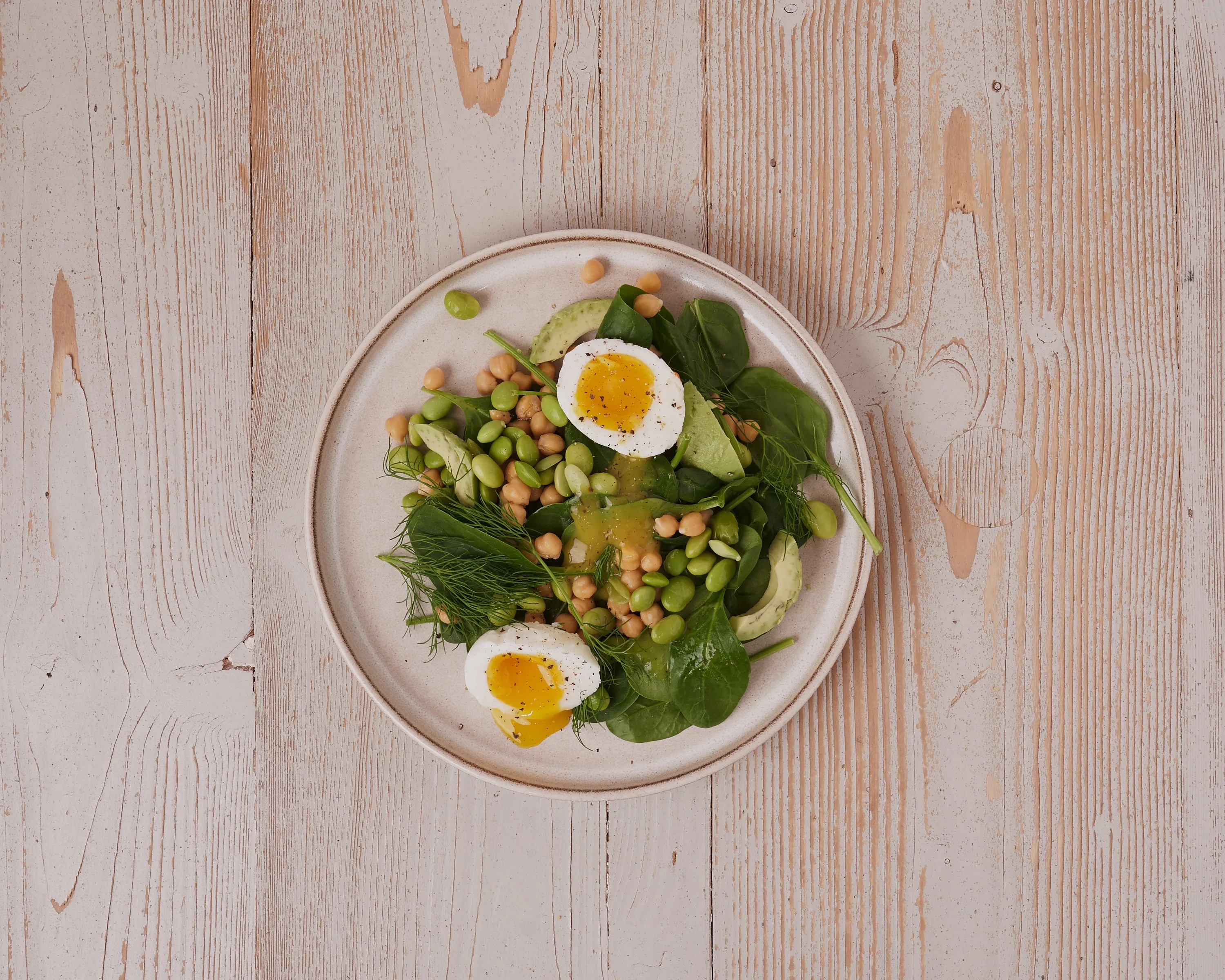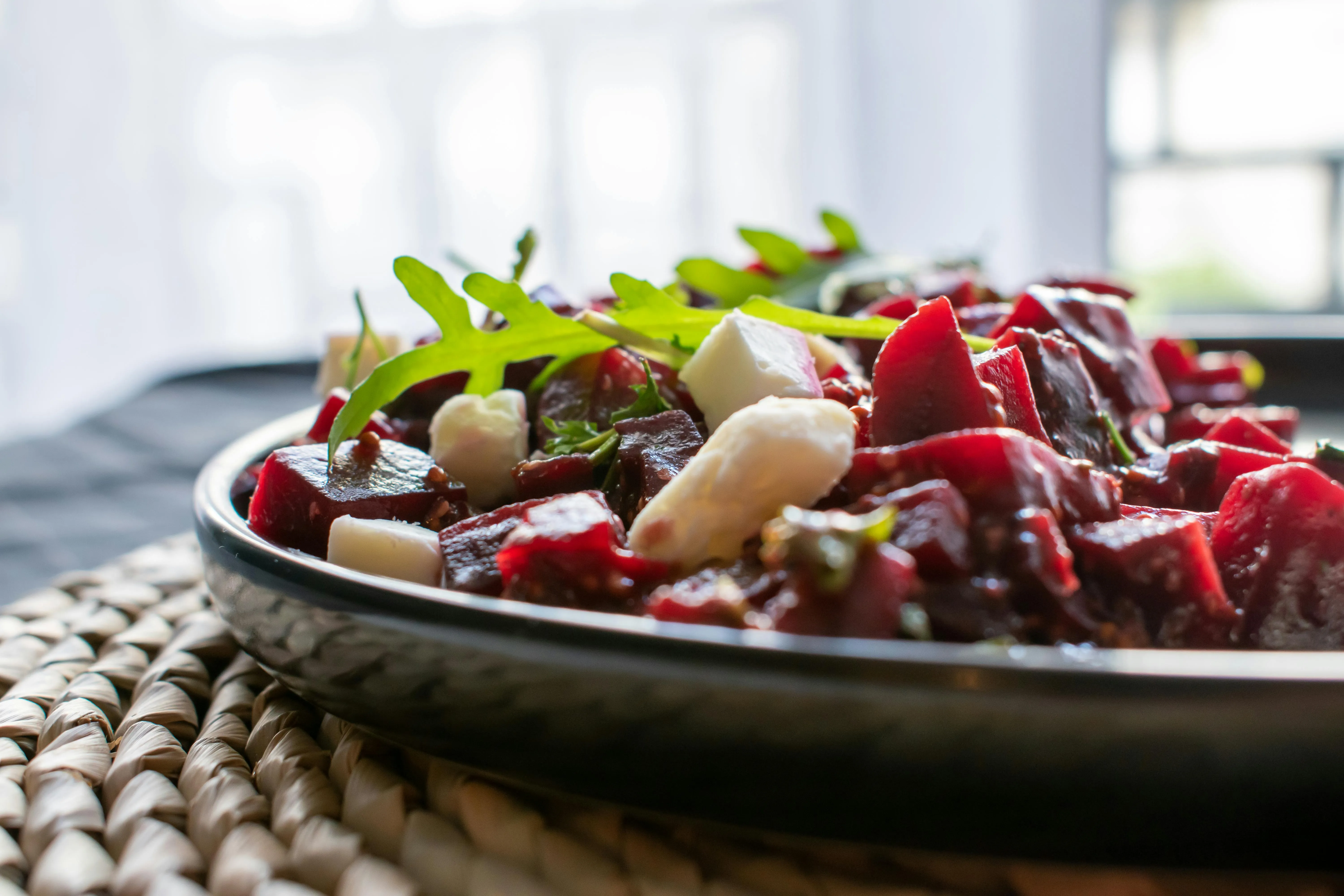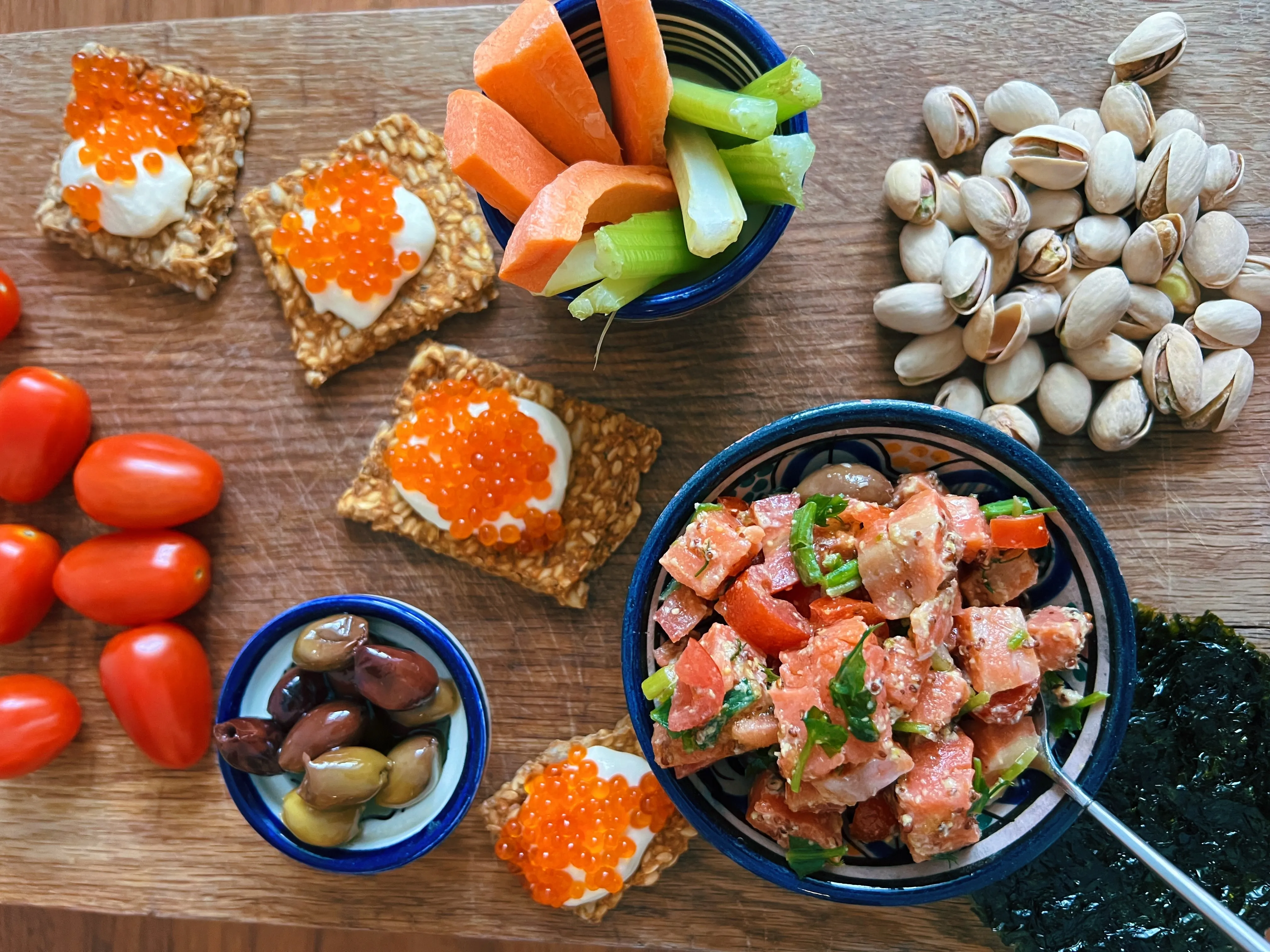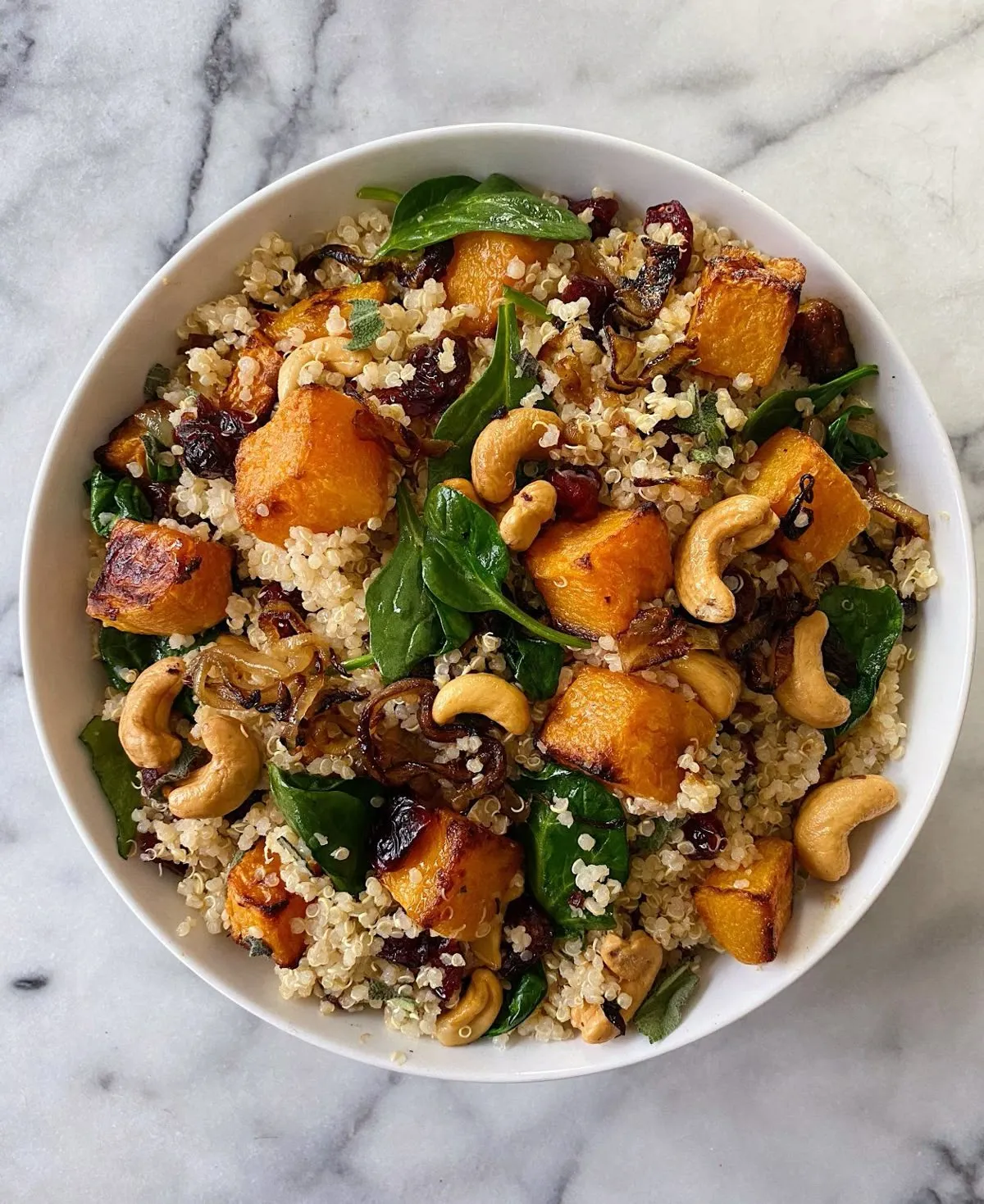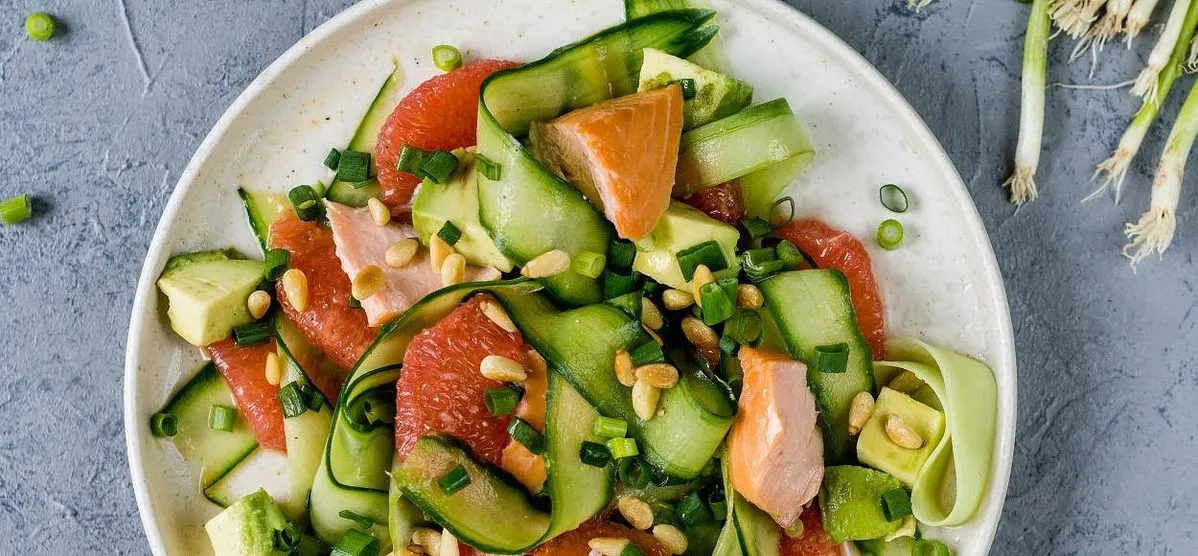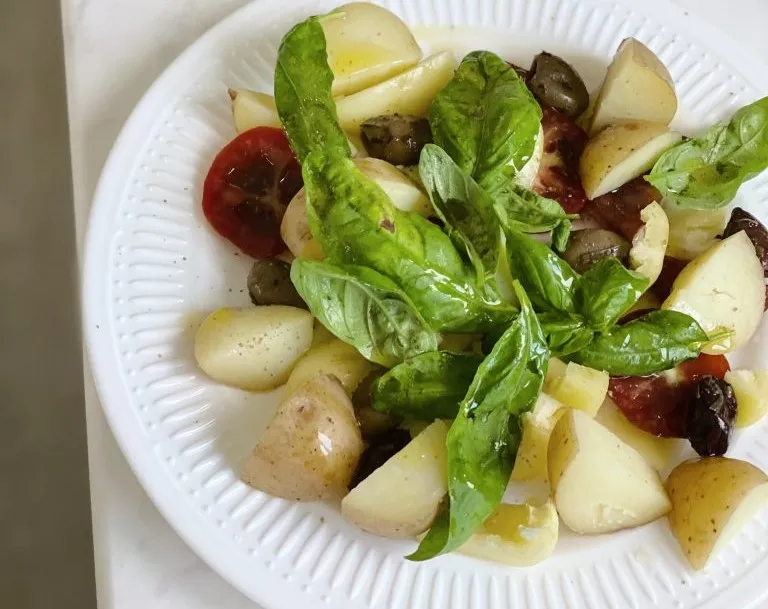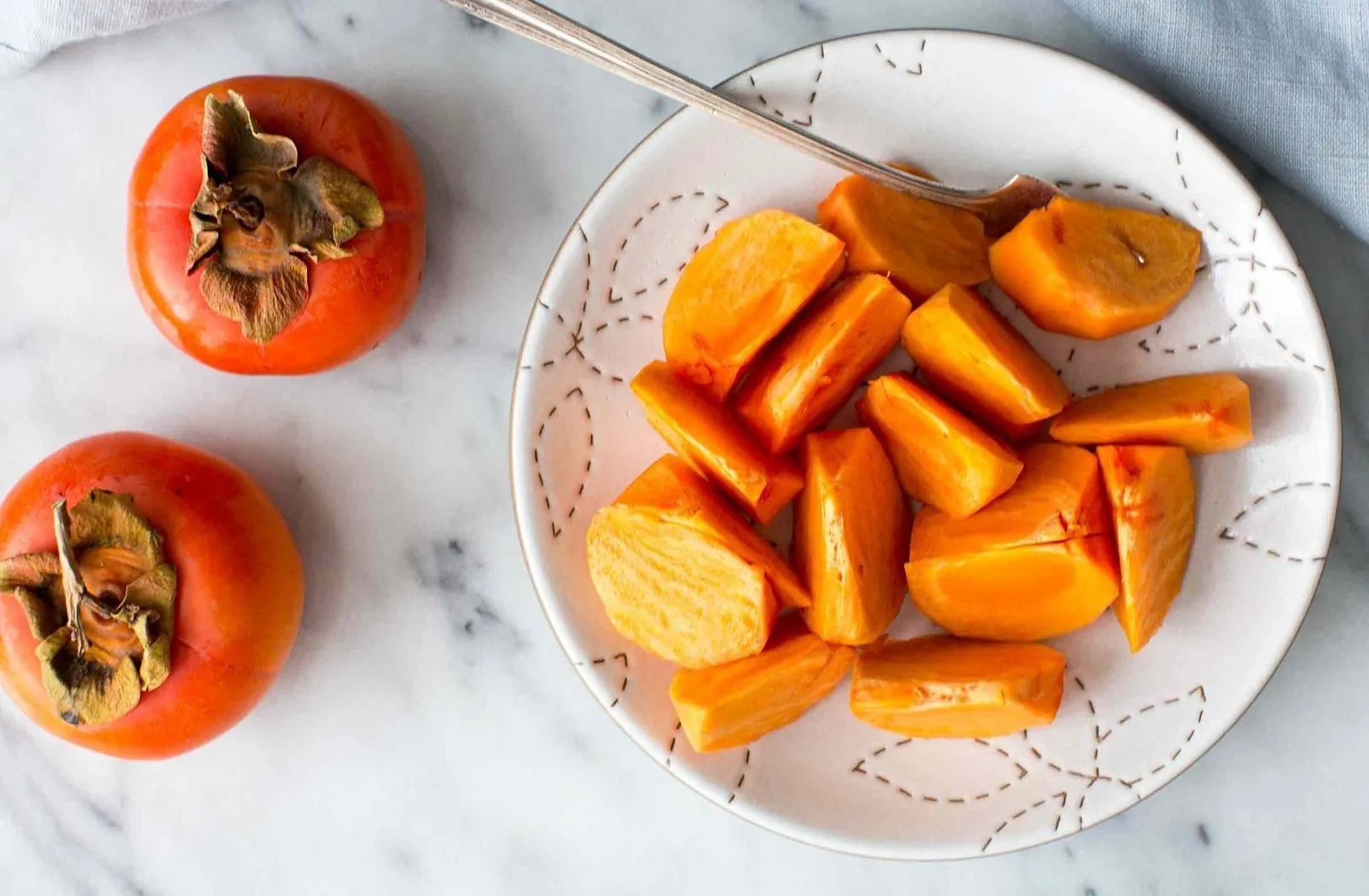
Originally from Northern China, persimmon — also known as the "date plum" — was considered a precious type of wood in ancient times and was used to craft expensive furniture. Over 2,000 varieties were known and consumed as food.
Persimmons, like many other fruits and vegetables, only made their way to Europe in the 18th century.
Health Benefits
Persimmon is rich in vitamin C, PP, and essential minerals like magnesium, iron, potassium, and iodine. Its vibrant orange color indicates a high content of beta-carotene, which supports eye health and helps slow the aging process. The natural plant sugars found in persimmons strengthen the cardiovascular system, while its astringent and antibacterial properties aid in wound and burn healing and protect against intestinal infections. Persimmons are often recommended for gastrointestinal issues and help regulate blood pressure.
These fruits are also a great addition to a healthy diet as they are low in calories yet highly satisfying. Additionally, persimmons positively impact the nervous system, enhancing productivity and overall well-being.
Potential Risks
Persimmons are not recommended for individuals with diabetes.
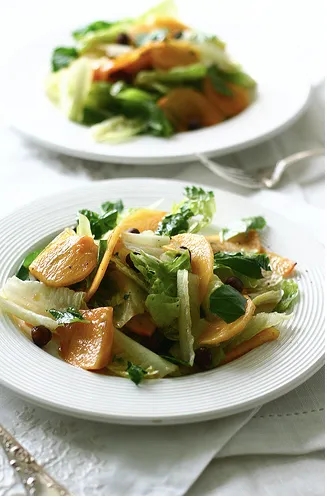
- a mix of salad greens — the more diverse, the better (options include butter lettuce, iceberg, arugula, radicchio, watercress, and more)
- 1 persimmon
- chives
- ½ sweet white or purple onion, thinly sliced into strips
- a handful of pine nuts
- balsamic vinegar (or substitute with herb-infused vinegar or olive oil with a squeeze of lemon)
Combine all fresh greens, thinly sliced persimmon, onion, and pine nuts in a large bowl. Drizzle with balsamic vinegar and toss gently. For extra flavor, add a handful of pomegranate seeds. This salad pairs beautifully with grilled white meat or fish.
Combine all fresh greens, thinly sliced persimmon, onion, and pine nuts in a large bowl. Drizzle with balsamic vinegar and toss gently. For extra flavor, add a handful of pomegranate seeds. This salad pairs beautifully with grilled white meat or fish.

